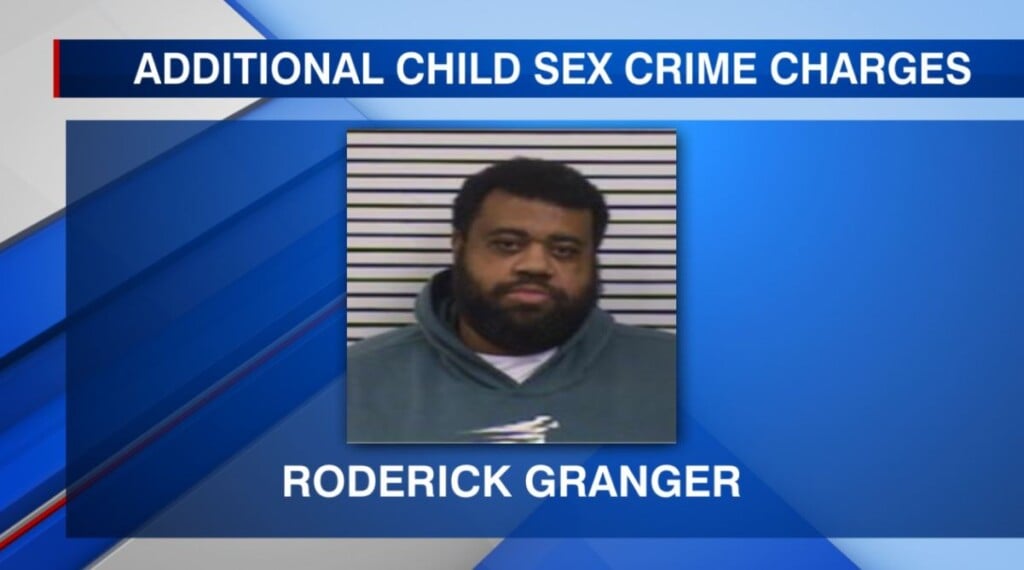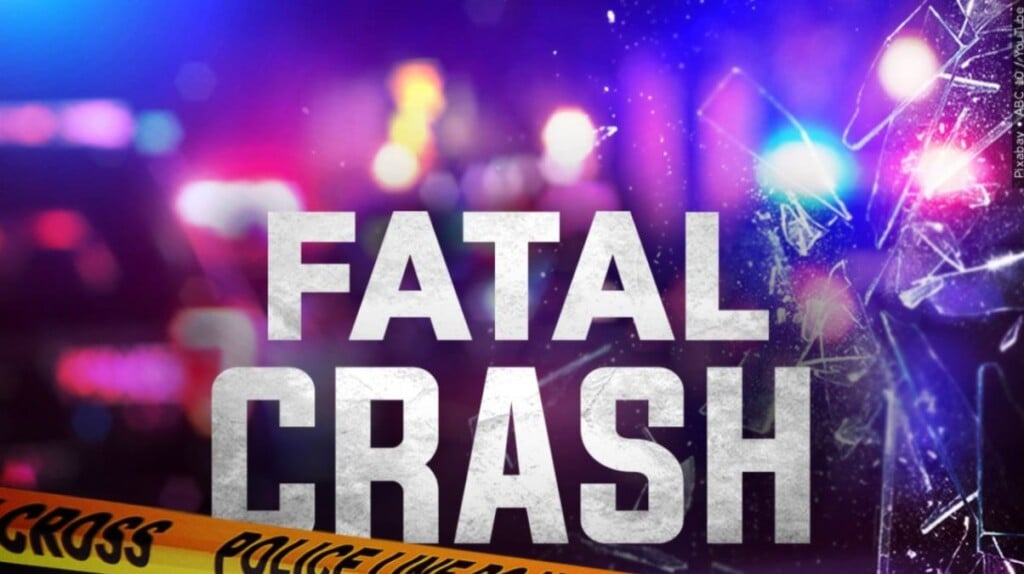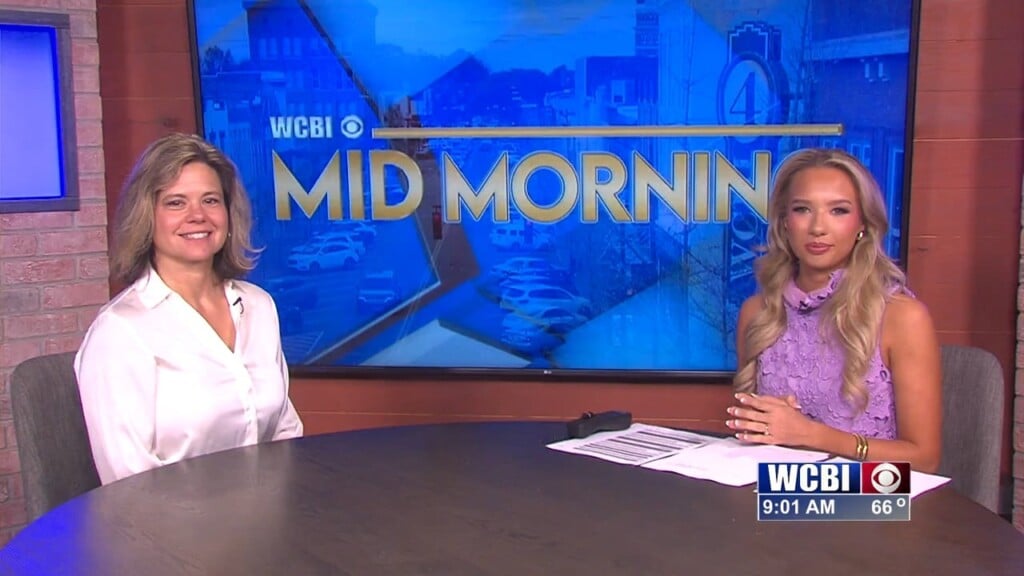Fire officials discuss managing mental health after tragedies
OKTIBBEHA COUNTY, Miss. (WCBI) – From fatal fires to deadly car accidents, firefighters are some of the responders first on scene of a tragic event.
We’ve also seen locally and nationally how severe storms can damage homes and take lives in an instant.
Even when firefighters take off their helmets, there are some scenes that still stick with them after responding to a call.
City and county fire officials discussed how they handle seeing such tragedies so often.
“We have had some instances here in the county where we’ve had traumatic events, and we’ve actually had a counselor come in and speak to us as a group. And also, those individuals, after (the counselor) has left, (the firefighters) had the opportunity to come in and speak with the counselor afterwards,” said Patrick Warner, the Oktibbeha County Fire Coordinator.
Patrick Warner is the Oktibbeha County Fire Coordinator, but also a father of two young girls.
He said the most challenging calls are those involving kids.
“Personally, the hardest thing I’ve been involved with is children. Usually when there is an instance when children are hurt, that’s usually the most difficult experience to overcome,” said Warner.
Starkville Fire Training Chief Brian Arnett has worked for the department for 21 years.
“What I’ve always found comfort in is that whatever problems I encounter, I did not create those problems. I’ve just been kind of God-gifted to help solve those problems. So when things go wrong, it’s not anything I did. I’ve just been put in a position where I can make a difference,” said Arnett.
Arnett said his faith in God keeps him anchored on each call.
Another thing that keeps him going is the fellowship of the firefighters.
He encourages those who struggle to reach out for help.
“It’s ok to not be ok. I think there has always been a stigmatism about admitting that ‘I have a problem,’ and we need to move past that. And when there is a problem, go to someone that you trust. You know those firefighters that you work with every day, they have your back in the fire, but they also have your back in the firehouse too. Go to those people because it is family,” said Arnett.
Arnett has also read books on first responders’ mental health to help get him through some tragedies.
The National Volunteer Fire Council offers the Share the Load program to provide mental health resources to firefighters and EMTs.




